Top Class Actions’s website and social media posts use affiliate links. If you make a purchase using such links, we may receive a commission, but it will not result in any additional charges to you. Please review our Affiliate Link Disclosure for more information.
This settlement is closed!
Please see what other class action settlements you might qualify to claim cash from in our Open Settlements directory!
If you made a vehicle repair claim on your State Farm casualty insurance policy between July 1987 and February 1998, you may be able to take part in a $250 million class action settlement with the insurance company.
Lead plaintiffs claimed that after being hit with a $1 billion judgment in a consumer fraud class action lawsuit, to avoid paying the verdict, State Farm essentially bribed an Illinois Supreme Court judge by furnishing campaign funds for his reelection.
The State Farm class action lawsuit alleged that, indeed, the judge was reelected and reversed the judgement against State Farm months later.
The $1 billion judgement was the result of a separate State Farm class action lawsuit entitled Avery v. State Farm. Avery alleged that State Farm policyholders received used parts when making a claim for vehicle repairs in violation of the Illinois Consumer Fraud Act and breach of contract.
According to the State Farm class action, after this judgement State Farm started to “recruit, finance, direct and elect a candidate to the Illinois Supreme Court who, once elected, would vote to overturn the $1.05 billion judgment.”
Plaintiffs Mark Hale, Todd Shadle and Laurie Loger filed the current State Farm class action lawsuit after the judgement was reversed by claiming the auto insurer violated the Racketeer Influenced and Corrupt Organizations Act.
“Of course, there was no guarantee for State Farm that the appeal would not be decided before the November 2004 election, but the risk — a $2 to $4 million investment for a possible $1.05 billion return — was sufficiently minimal to make it a worthwhile gamble,” alleged the plaintiffs in their State Farm class action lawsuit filed in 2012.
Under the terms of the State Farm class action settlement, the insurance giant admits to no wrongdoing.
Class Members include consumers nationwide, with the exception of Arkansas and Tennessee, who had State Farm vehicle casualty insurance, made a claim for vehicle parts, and had non-factory, or “crash parts,” installed.
Though Class Members should receive notice in the mail, those who need to change their address should notify the settlement administrator. Claims in the State Farm class action settlement need to be filed by Jan. 31, 2019.
Class Members who wish to object to the State Farm class action settlement must do so by Nov. 17, 2018.
The final hearing will be held Dec. 13, 2018.
UPDATE: On Dec. 13, 2018, insurance policyholders represented in a State Farm racketeering class action lawsuit managed to secure final approval of a $250 million settlement, despite objections to the deal.
UPDATE 2: On Oct. 26, 2019, Top Class Actions viewers started receiving checks from a State Farm non-OEM crash parts class action settlement worth as much as $104. Congratulations to everyone who filed a claim and got PAID!
UPDATE 3: On Aug. 19, 2020, according to the settlement website “If you received an award payment but have not negotiated your award yet, please note that any reissue requests must be made by September 24, 2020. If no name or address changes are required for your reissue, you may request reissue over the phone by calling the Settlement Administrator at 1-844-420-6491.”
Who’s Eligible
Class Members include “All persons in the United States, except those residing in Arkansas and Tennessee, who, in between July 28, 1987, and February 24, 1998, (1) were insured by a vehicle casualty insurance policy issued by Defendant State Farm and (2) made a claim for vehicle repairs pursuant to their policy and had non-factory authorized and/or non-OEM (Original Equipment Manufacturer) ‘crash parts’ installed on or specified for their vehicles or else received monetary compensation determined in relation to the cost of such parts.”
Potential Award
TBD. The settlement award will depend on how many Class Members submit timely claims.
Proof of Purchase
Class Members will be notified by mail and, those who receive notice do not need to do anything further. Class Members who do not receive a postcard will need to submit a Claim Form and provide information about claims made on their vehicle between July 28, 1987 and Feb. 24, 1998.
Claim Form
NOTE: If you do not qualify for this settlement do NOT file a claim.
Remember: you are submitting your claim under penalty of perjury. You are also harming other eligible Class Members by submitting a fraudulent claim. If you’re unsure if you qualify, please read the FAQ section of the Settlement Administrator’s website to ensure you meet all standards (Top Class Actions is not a Settlement Administrator). If you don’t qualify for this settlement, check out our database of other open class action settlements you may be eligible for.
Claim Form Deadline
1/31/2019
Case Name
Hale v. State Farm Mutual Automobile Insurance Company, Case No. 12-cv-00660-DRH, in the U.S. District Court for the Southern District of Illinois
Final Hearing
12/13/2018
UPDATE: State Farm Non-OEM Crash Parts Class Action Settlement was granted final approval on December 16, 2018. Let Top Class Actions know when you receive a check in the comments section below or on our Facebook page.
UPDATE 2: On January 11, 2018, a notice of appeal to the State Farm Non-OEM Crash Parts Class Action Settlement was filed. Claims will not be paid until all appeals are exhausted. We appreciate your ongoing patience. Top Class Actions will continue to provide updates as we learn more.
UPDATE 3: On July 10. 2019, the appeals to the State Farm Non-OEM Crash Parts Class Action Settlement were resolved. It is not known how quickly claims will be paid. Top Class Actions will let our viewers know as soon as we learn checks are in the mail!
UPDATE 4: According to the settlement website, payments will begin on October 21, 2019 and take place over the course of several weeks. Let Top Class Actions know when you receive a check or electronic payment in the comments section below or on our Facebook page.
Settlement Website
Claims Administrator
Hale v. State Farm Class Action Administrator
c/o Epiq
P.O. Box 5053
Portland, OR 97208-5053
1-844-420-6491
Class Counsel
LIEFF CABRASER HEIMANN & BERNSTEIN LLP
BARRETT LAW GROUP PA
HAUSFELD LLP
CLIFFORD LAW OFFICES
MUCH SHELIST PC
THRASH LAW FIRM PA
LAW OFFICES OF GORDON BALL
PENDLEY BAUDIN & COFFIN LLP
Erwin Chemerinsky
Defense Counsel
Counsel for State Farm:
Ronald Safer
Joseph A. Cancila, Jr.
RILEY SAFER HOLMES & CANCILA LLP
Sheila Birnbaum
DECHERT LLP
Counsel for Edward Murnane:
Paul E. Veith
SIDLEY AUSTIN LLP
Counsel for William Shepherd:
Russell Scott
GREENSFELDER HEMKER & GALE PC
ATTORNEY ADVERTISING
Top Class Actions is a Proud Member of the American Bar Association
LEGAL INFORMATION IS NOT LEGAL ADVICE
Top Class Actions Legal Statement
©2008 – 2024 Top Class Actions® LLC
Various Trademarks held by their respective owners
This website is not intended for viewing or usage by European Union citizens.

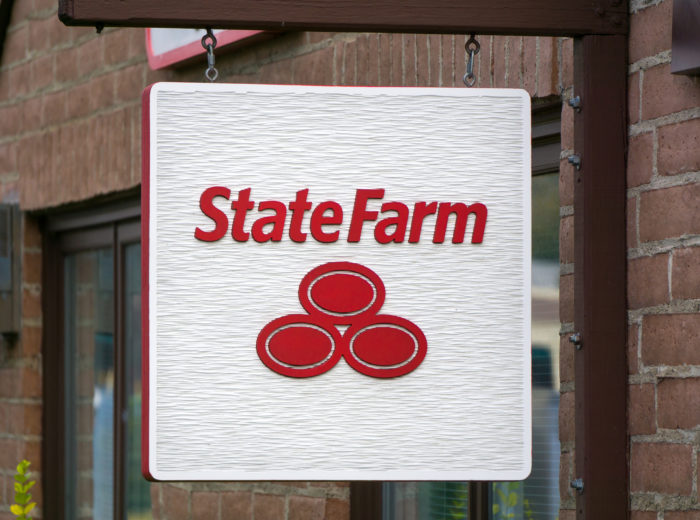



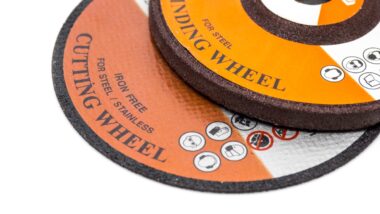
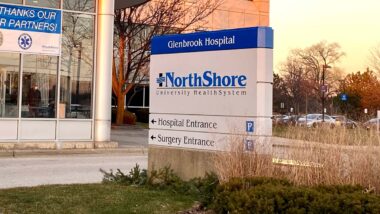
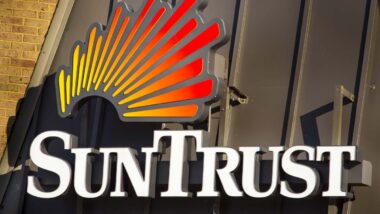



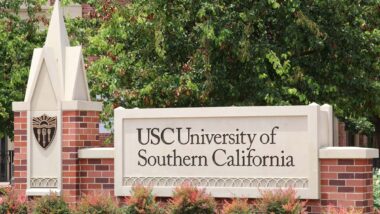




85 thoughts onState Farm Non-OEM Crash Parts Class Action Settlement
Received 2nd distribution $39.05